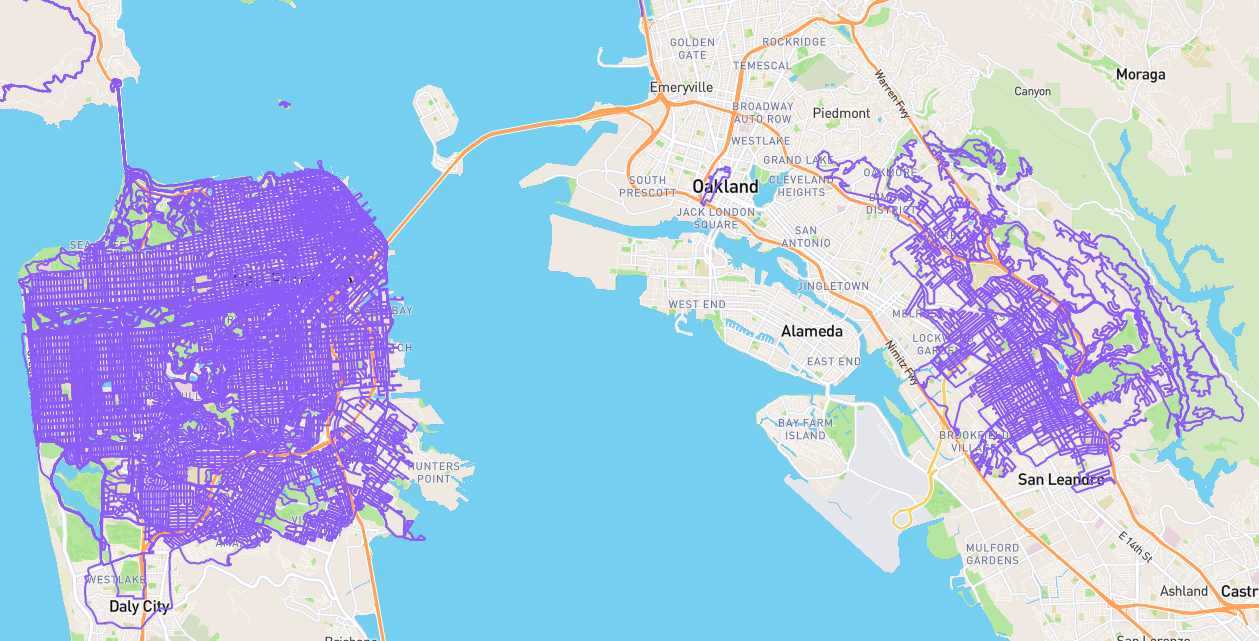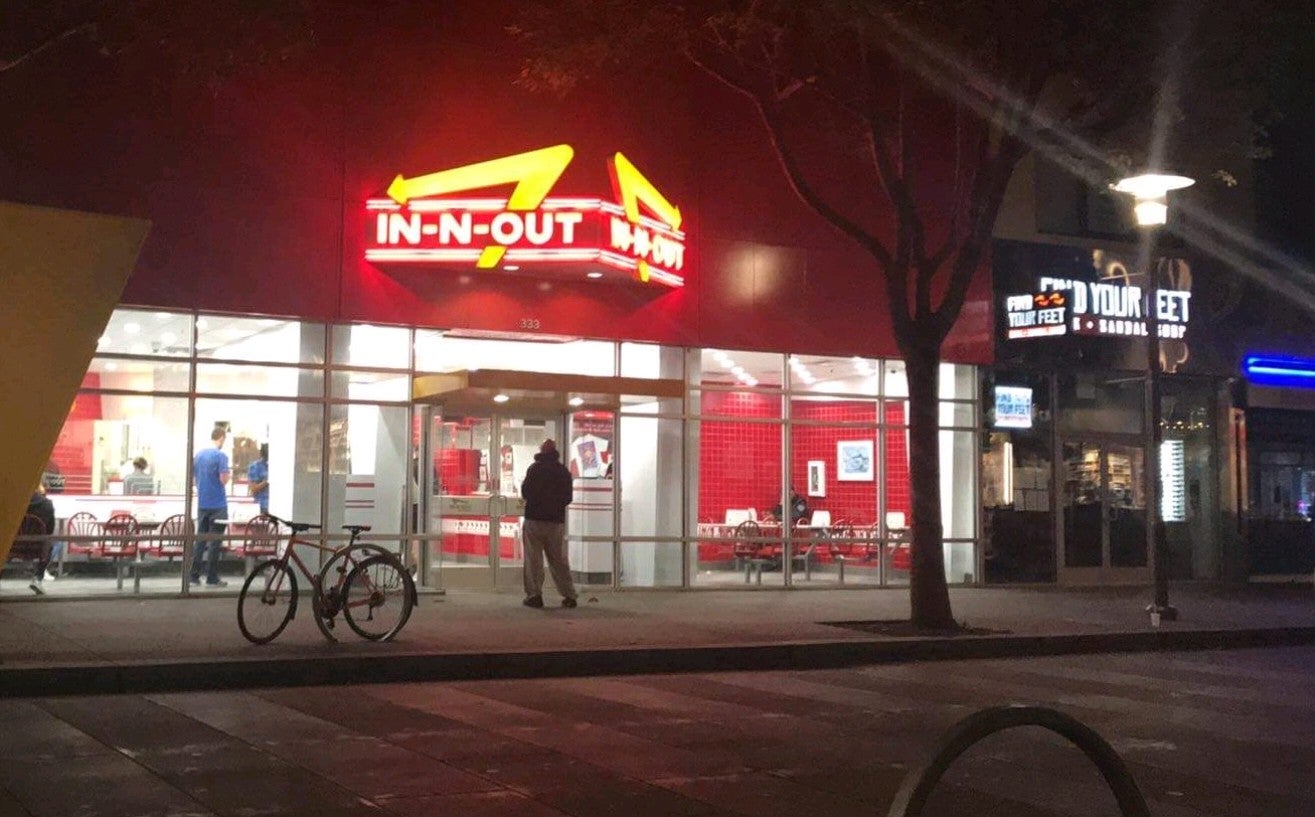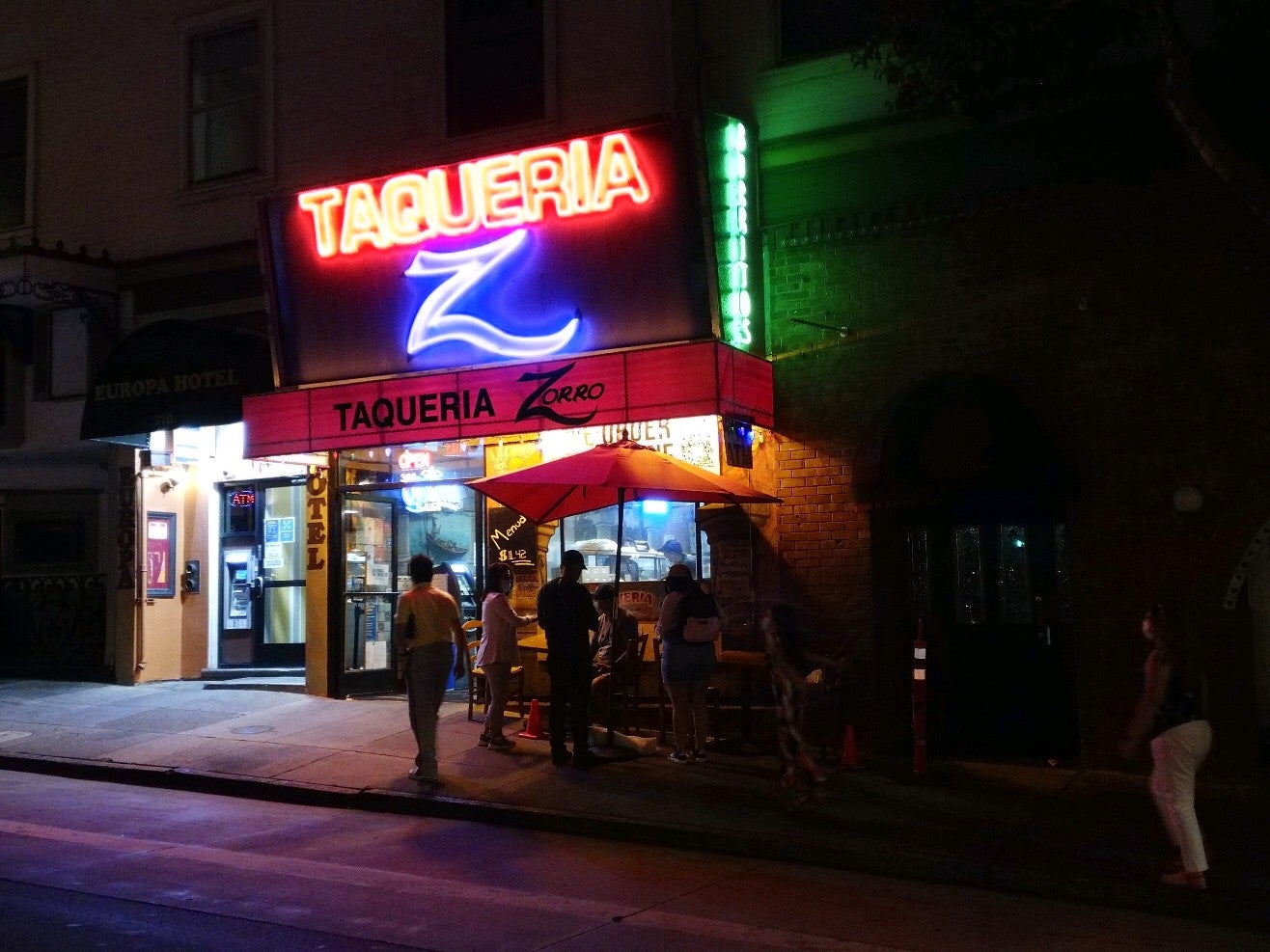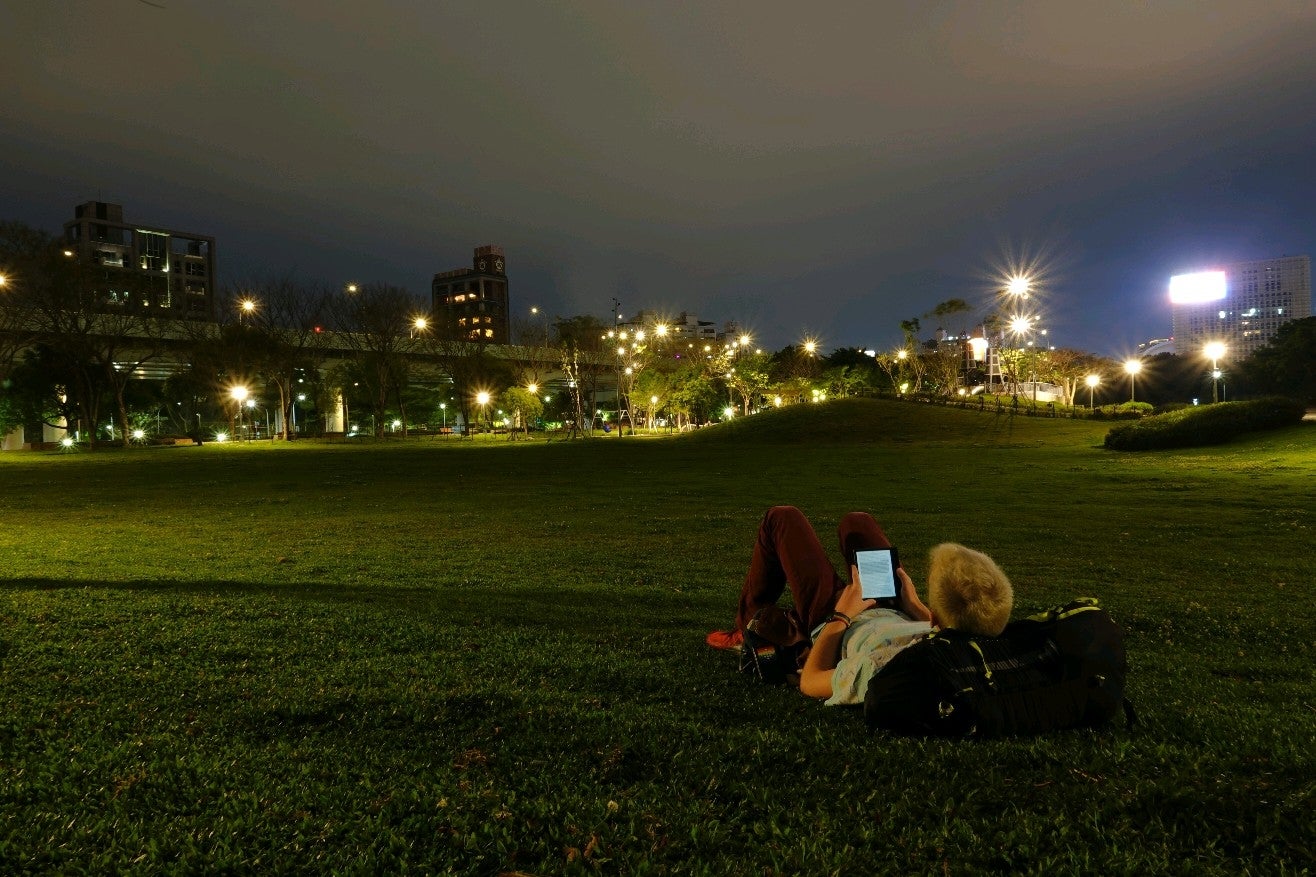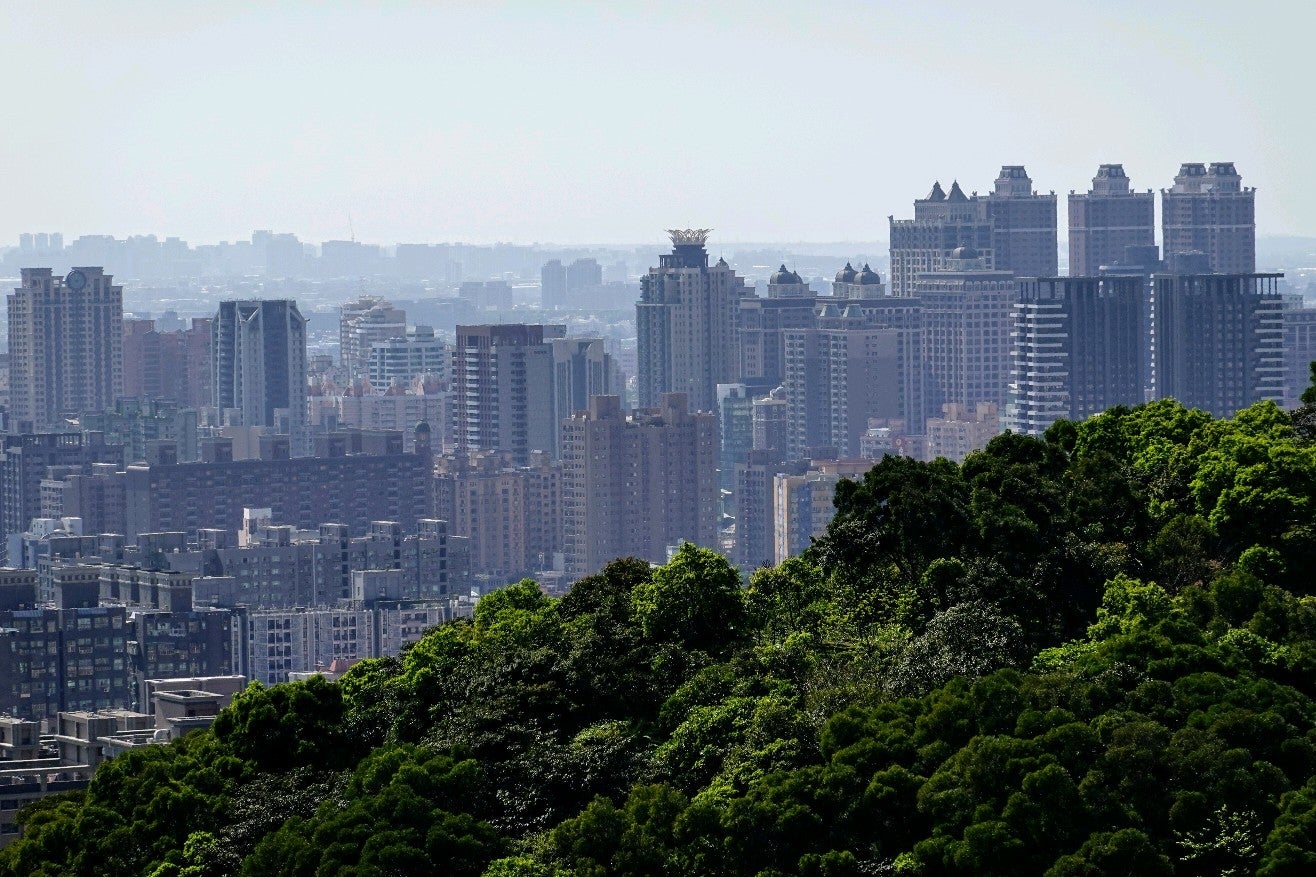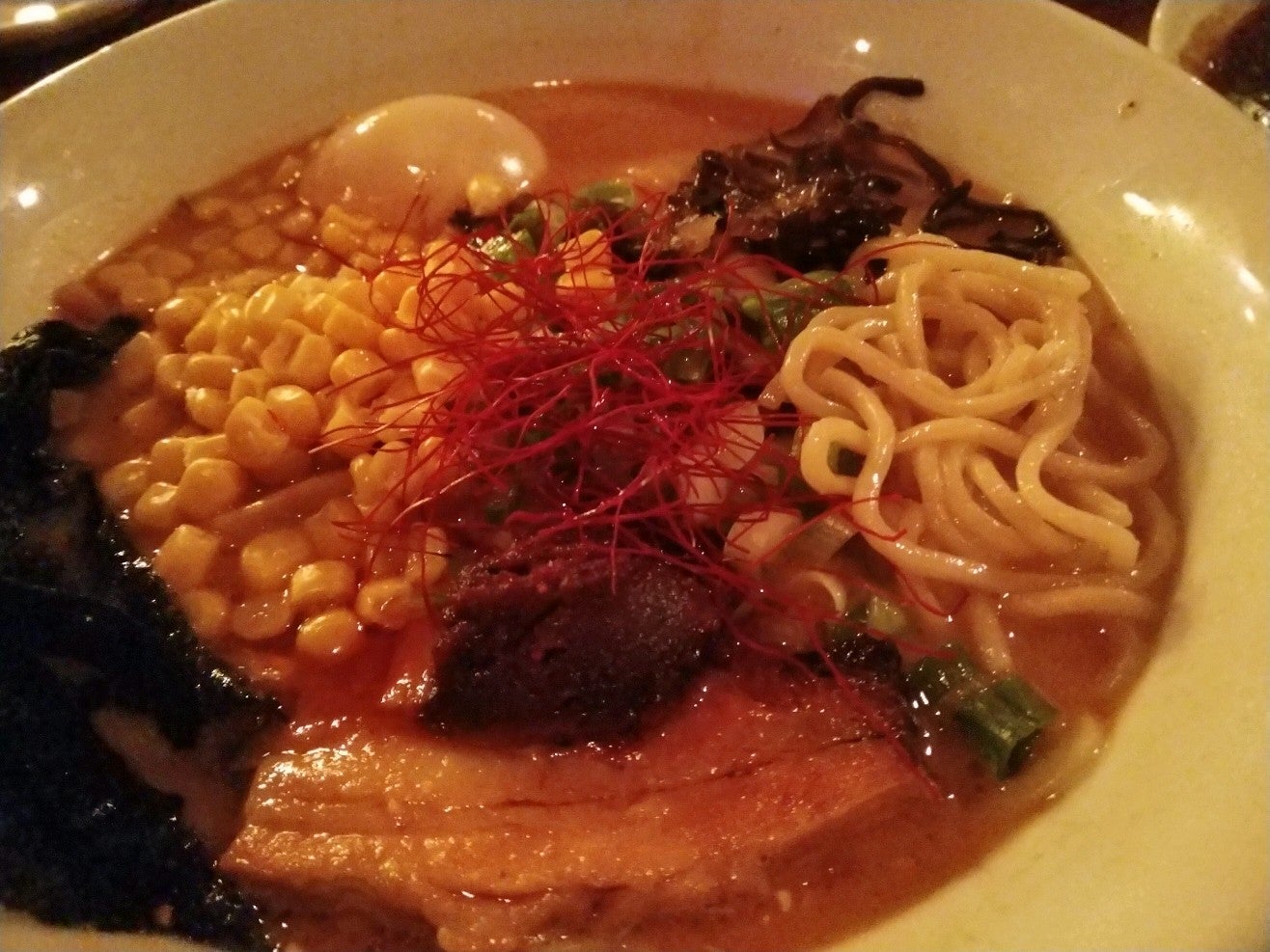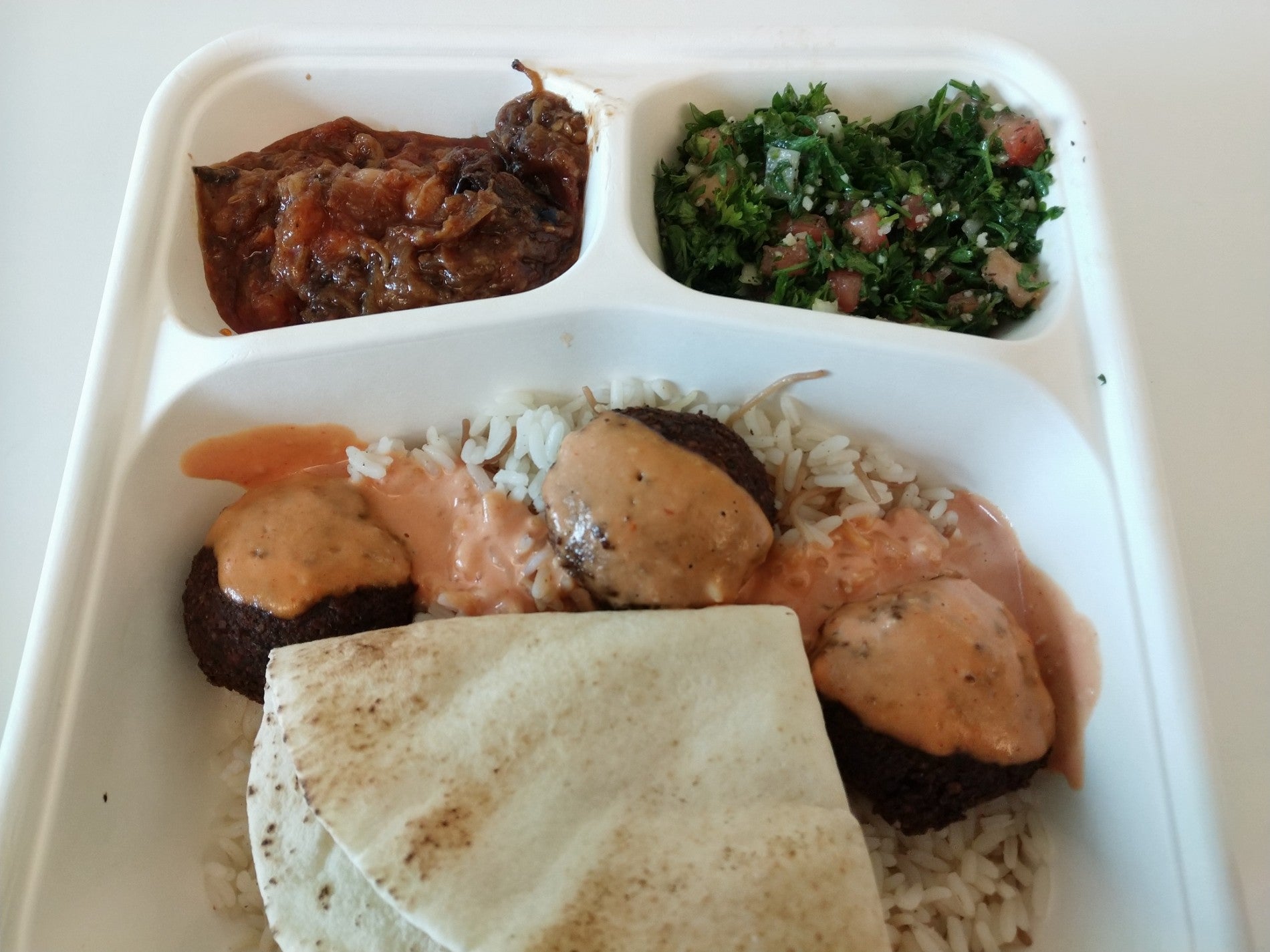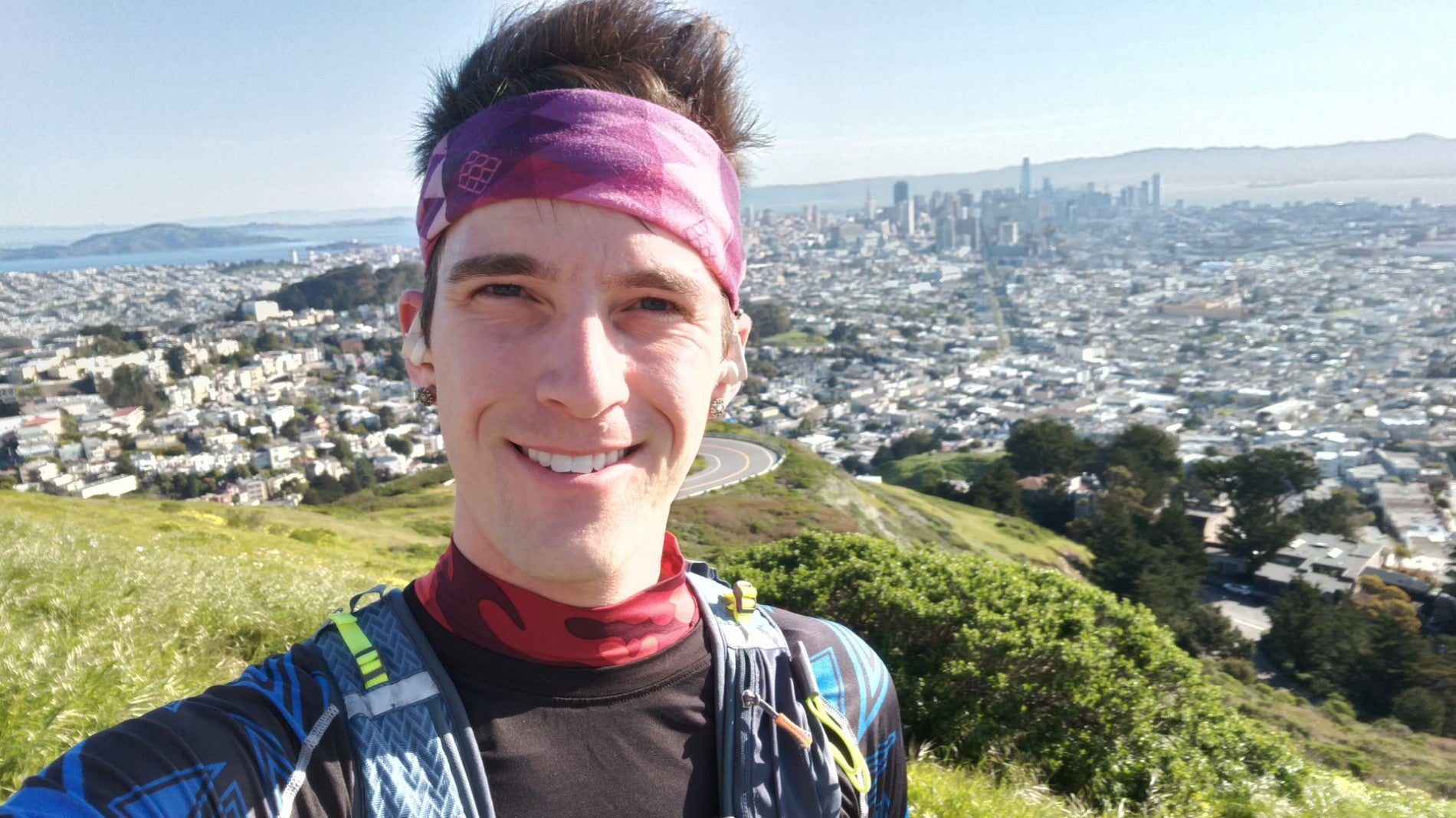Legalize and regulate drugs
We need common sense policies that stop the violence, allow people in need to get help and to ensure people who do choose to do drugs have access to the safest supplies. The economic benefits are a huge bonus.
American drug policies that emphasized criminalization over health caused massive amounts of drug related violence and deaths and led to our distinction of housing a quarter of the world’s incarcerated population despite our total population being only 5 percent of the world. That people of color have been disproportionately targeted by police, disadvantaged in the courts and imprisoned longer is all the more disgusting and reflects poorly on America.
Misguided war on drugs causes death and violence
Ethan Nadelmann blasted the War on Drugs in a TED talk, and it was fantastic, passionate and on point. I wish everyone could see it, especially “people who HATE drugs, and people who don’t give a DAMN about drugs.”
The first half is nothing new to people following the issue, but second half had some great points.
Coca Cola had cocaine in it until 1900, and so far as we know was no more addictive than Coca Cola is today. Conversely, think about cigarettes: nothing can both hook you and kill you like cigarettes.
Yet in [U.S., etc.] half of all the people who were ever addicted to cigarettes have quit, without anyone being arrested or put in jail… What did it were higher taxes and time and place restrictions on sale and use and effective antismoking campaigns.
The fact is, America really is crazy when it comes to drugs. Don’t forget, we’re the ones who thought we could prohibit alcohol. So think about our global drug war, not as any sort of rational policy, but as the international projection of a domestic psychosis.
Is the War on Drugs doing more harm than good? In a bold talk, drug policy reformist Ethan Nadelmann makes an impassioned plea to end the “backward, heartless, disastrous” movement to stamp out the drug trade. He gives two big reasons we should focus on intelligent regulation instead.
Increase funding for drug research
Along with or before decriminalization and legalization of most or all drugs, we must remove all barriers to drug research and provide more funding to rigorously establish the safety and potential harms of every drug, just as we do with any prescription medication.
Alcohol and tobacco exemption
Vox explained why tobacco and alcohol are explicitly exempted from drug scheduling, and a big reason is the economic impact of those industries.
We can acknowledge making tobacco and alcohol illegal would destroy billions of dollars in industry and thousands of jobs, but we cannot acknowledge making all the other (much safer) drugs legal would create industry and jobs, not to mention it’d also save us $50 billion per year in fighting the drug war that kills thousands annually and militarizes our police forces. We so smart!
Talking openly and honestly
The Guardian published ‘I like the way MDMA gives you a deep sense of connection to your friends’ in 2014:
- Even for the possible majority who never touch drugs (ignoring, of course, all the drugs that are legal!), the second last paragraph of this piece touches on exactly why legalization could improve countless lives. But the white men in power don’t care so much, even if they use drugs, since the dark side doesn’t affect them as much.
- Also, interesting discussion of people who were vehemently antidrug and got into (legal) mephedrone and, once that was outlawed, were suddenly sympathetic to illegal drug use.
Marijuana reform
I rarely smoke pot, or drink alcohol for that matter, but that doesn’t stop me from seeing the following article as obviously spot on. People have always gotten high to gain connection, understanding and fulfillment, or simply to escape the pressures of a life where others try to control you due to their own fears. Nothing is likely to stop that, unless perhaps we start caring for one another enough that life itself is all we could want. Trying to force anyone not to do anything usually only increases the behavior, even if it is unhealthy or dangerous. And I have serious reservations that using many of the vilified drugs are either of those things. What I know for sure is legalization and open education and supply chains would almost guarantee a healthier, safer experience for everyone, and being able to speak openly about all parts of life is what makes life worth living.
To its credit, the Obama administration has dialed back its earlier massive crackdowns on medical marijuana dispensaries and has shown little interest in interfering with states that allow for recreational use. But it remains disappointing that President Obama — who has written extensively about his own drug experimentation yet was able to attend elite universities and ascend to the highest ladder of public office only by the grace of not being arrested for a drug crime as a young man — continues to do nothing to end the immoral policy of marijuana prohibition.
Solving underlying problems of connection
Johann Hari explained drug addiction in terms of connection and described how Portugal took a radically different approach to the drug problem. His talk was a new perspective for me, or drove home something I hadn’t considered much, possibly because it’s not an easy path, mostly because of how we’ve been raised to believe addiction is a character flaw.
I’m guessing you guys could afford to be drinking vodka for the next six months. You wouldn’t end up homeless. You’re not going to do that. And the reason you’re not going to do that is not because anyone’s stopping you. You’ve got bonds and connections you want to be present for. You’ve got work you love, you’ve got people you love, you’ve got healthy relationships. And a core part of addiction, I came to think and I believe the evidence suggests, is about not being able to bear to be present in your life.
Hari said in 2000, 1 percent of Portugal was addicted to heroin. They tried the American way, punishing and shaming people, more and more, but the problem got worse. Then the prime minister set up a panel of scientists and doctors that recommended decriminalizing all drugs, “from cannabis to crack,” but “take all the money we used to spend on cutting addicts off, on disconnecting them, and spend it instead on reconnecting them with their society. This involved traditional therapy but also a massive jobs program and microloans for addicts to set up small businesses. Now 15 years later, injected drug use in Portugal is down 50 percent, overdoses and new HIV infections and addiction are massively down.
What really causes addiction — to everything from cocaine to smart-phones? And how can we overcome it? Johann Hari has seen our current methods fail firsthand, as he has watched loved ones struggle to manage their addictions. He started to wonder why we treat addicts the way we do — and if there might be a better way. As he shares in this deeply personal talk, his questions took him around the world, and unearthed some surprising and hopeful ways of thinking about an age-old problem.

